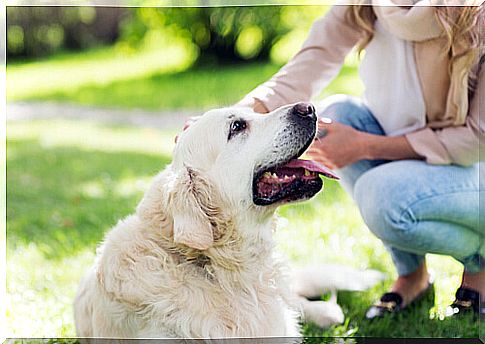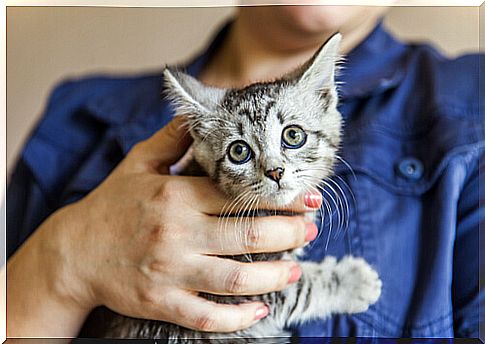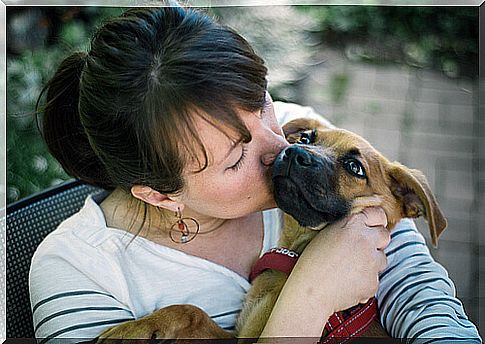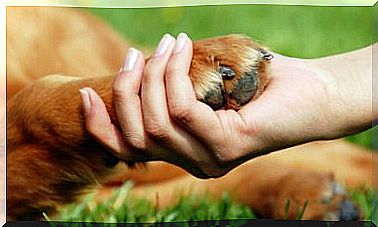80 Of The People With Pets Have Not Been Informed About How To Take Care Of Them

When we adopt an animal for the first time, no matter what type it is, we get a lot of questions. How many vaccinations to give him? What food to give him? How many times a day can you eat? Endless questions that seem to have no answer for people with pets.
However, we are not the only ones to whom it has happened and all is not lost. Estimates have been made and it seems that at least 80% of people with pets have not received any information on how they should care for them. We will tell you.
80% of people with pets lack information
We wanted to make an analysis on the type of information that people who have a dog or a cat receive about their care in the European Community. For this, the organization Eurogroup for Animals, of which the National Association for the Defense of Animals (ANDA) is a member, carried out studies on animal welfare that resulted in chilling figures.

The European pet market moves around 550,000 pets a year between its different countries to later be sold in stores. This generates around 5 million euros per year, a not small figure that allows giving the necessary care to these pets.
Well, sadly, of these 550,000 animals, only 20,000 have been properly identified and legally registered. What does this mean?
According to the European Union, it is too large a margin that can infer the health of pets and also of people, and therefore, something that cannot be allowed.
That is why the European Union itself has suggested the exchange of information between states on these animals and the computerization of data. Good communication between countries could mean that if one has not taken responsibility for having the animals legally, the other does.
On the other hand, this would be a step of honesty and sincerity towards the country that takes the animals and could stop the illegal traffic of different species.
How has 80% of people with pets not know how to take care of them?
Use of the Internet has made it difficult for authorities to track and trace illegal animal activities. Being all secretly computerized between two private companies that are dedicated to the sale of living beings prevents governments and other authoritarian entities from investigating matters more easily.
Although in many European countries the animal laws are explicit and well marked, this does not happen in all states and hence the ease of trafficking in beings. Little effort, maximum profit.
How does this influence animals?
Trying to get the maximum benefit from the minimum effort is not good for anyone, and in this case it is the animals that pay for it. Why? Animals are transported almost clandestinely to other states of the European Union in unsanitary conditions : cages in which they can barely move, with no space for their needs, dirt, hardly any food, etc …
This situation causes stress and sometimes even mental disorders to the suffering animals who also see death around them.
In fact, it is estimated that at least half of the puppies transported die on each such trip. What is the use of saving money by not having the animals legally if they later lose half? Ironies of life…
Ignorance of their care: 80% of people with pets do not know how to do it

This lack of knowledge has highlighted the fact that it is not a simple ambition to get money but that there is a huge lack of knowledge in the European region about what it means to have an animal, how to care for it and the expenses that it entails.
People who want to acquire a pet, most of the time they choose to spend hundreds of dollars or euros to buy it in a store without knowing the risks involved in doing so. An animal that has suffered the stress of a clandestine trip in which it has been trafficked may require special attention in addition to the basic ones.
The result of this study is that 80% of people with pets do not know how to meet either of the two needs.
The European Union together with the NGO that carried out the study are working hard and jointly to promote the distribution of necessary information on the care necessary for the well-being of pets.









